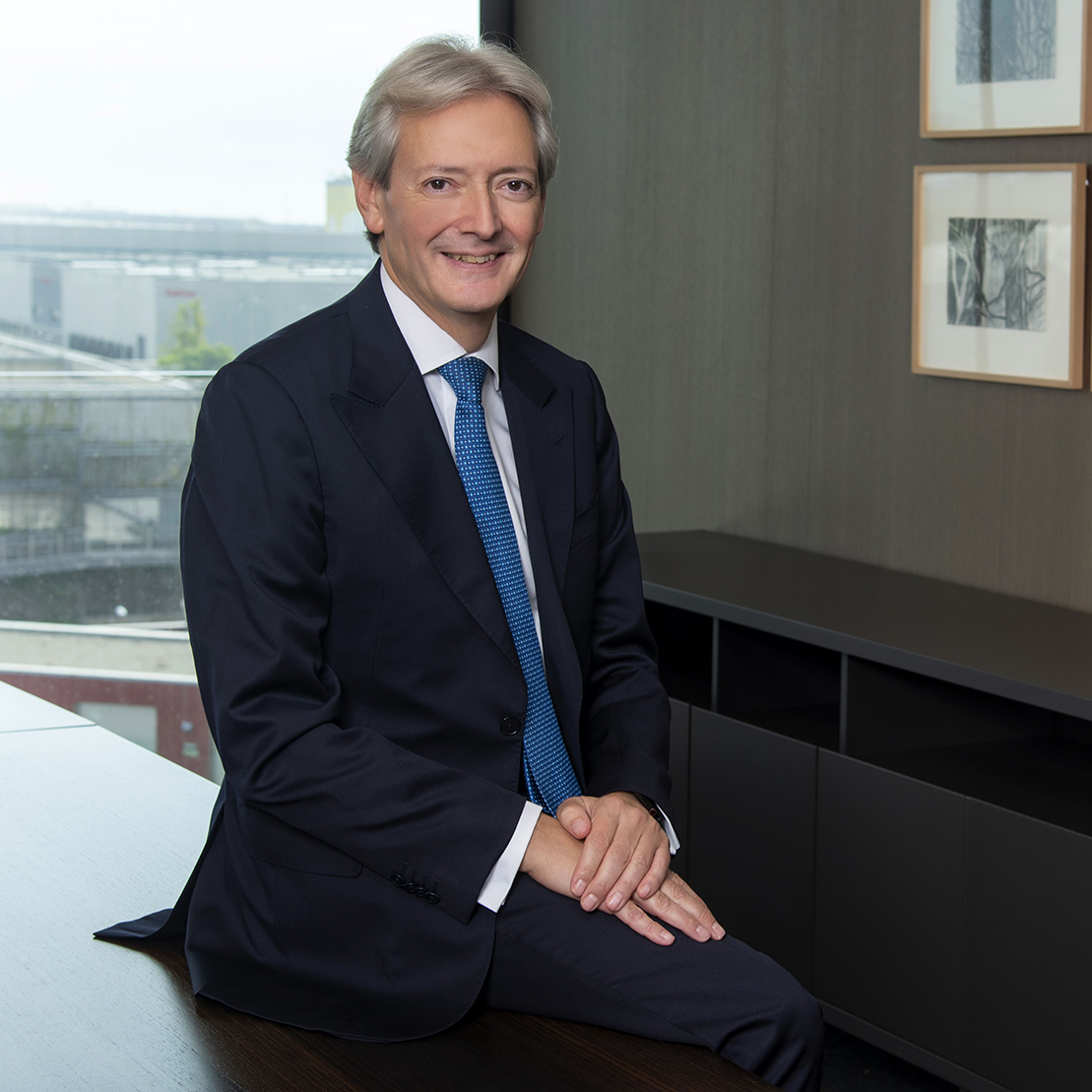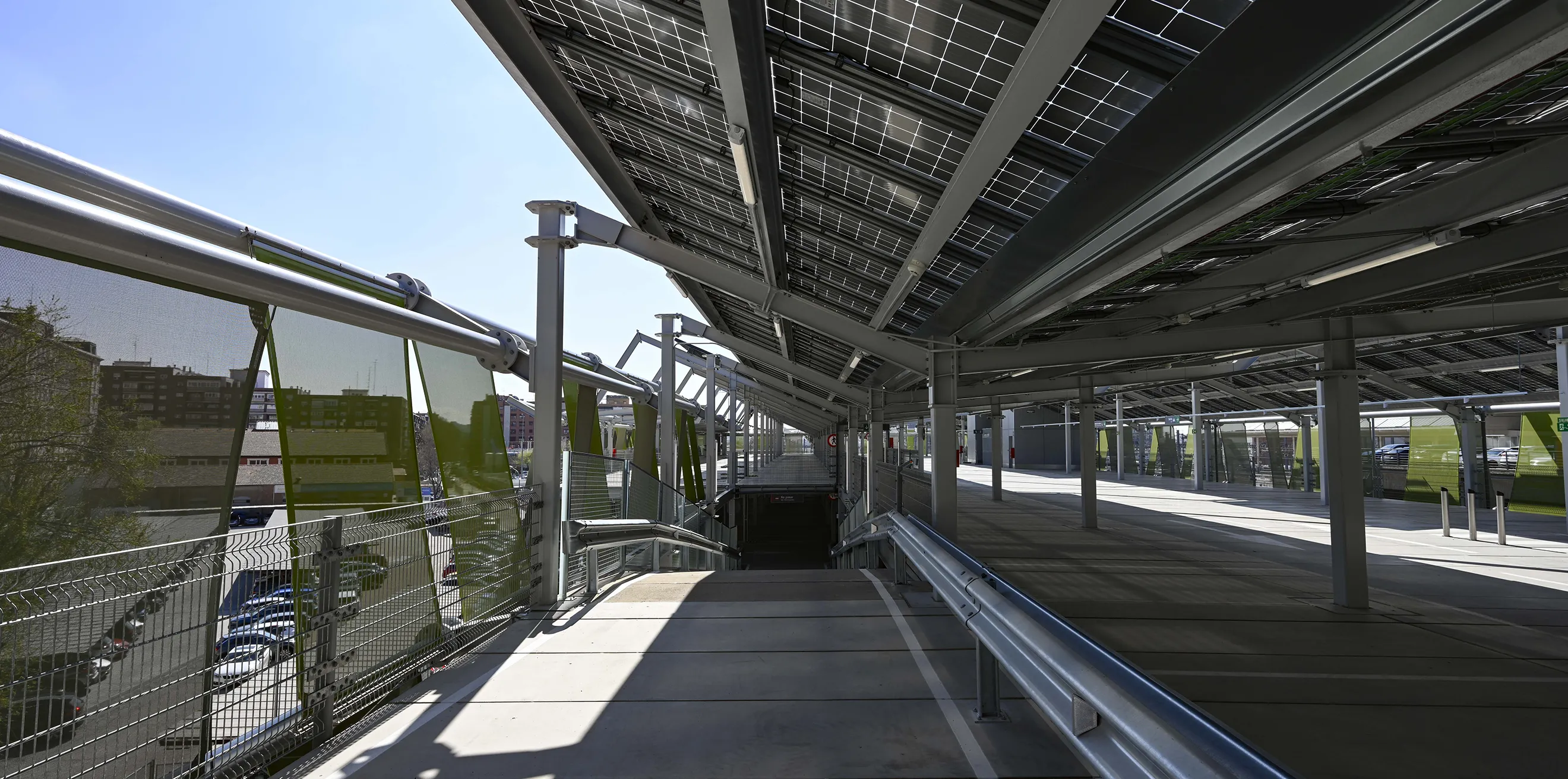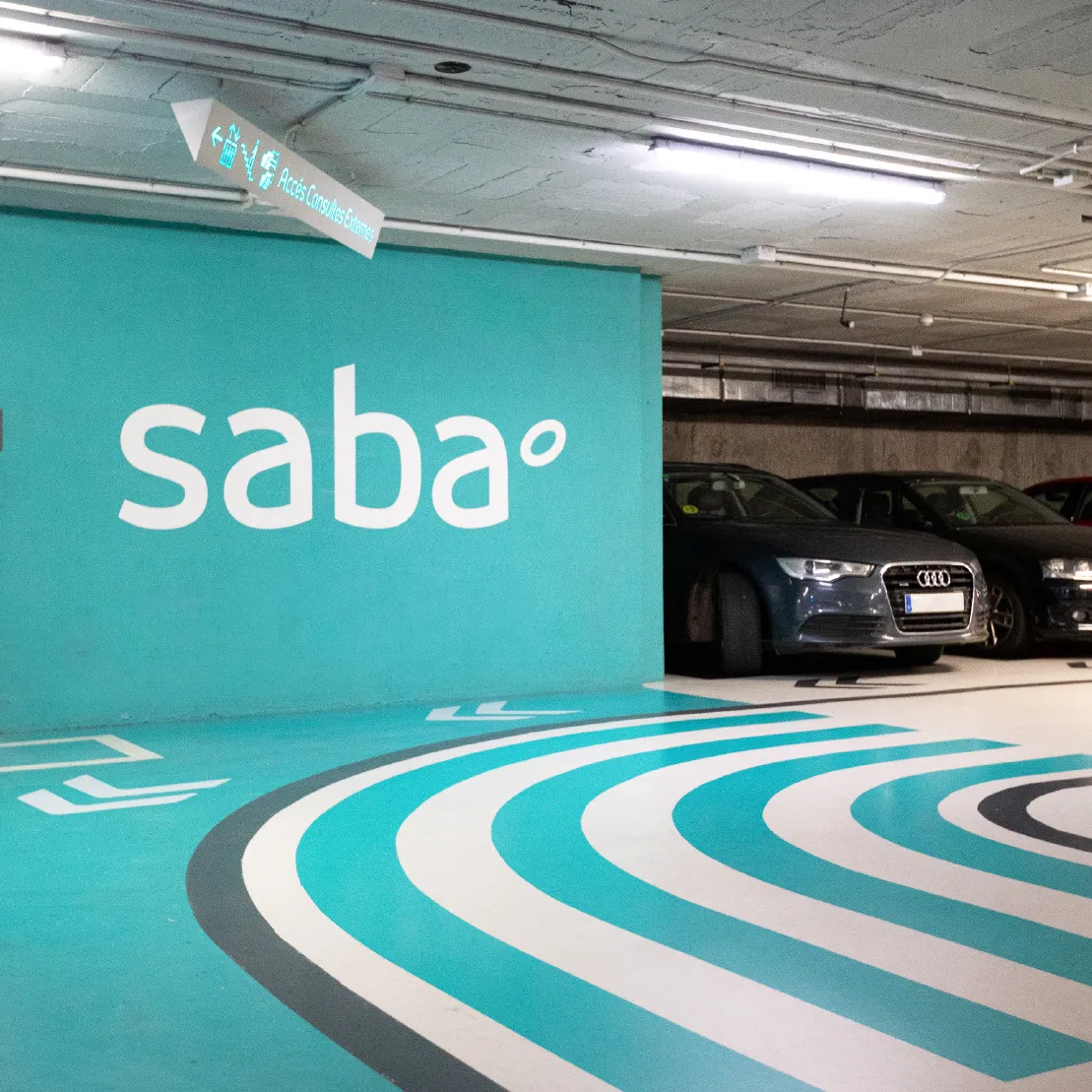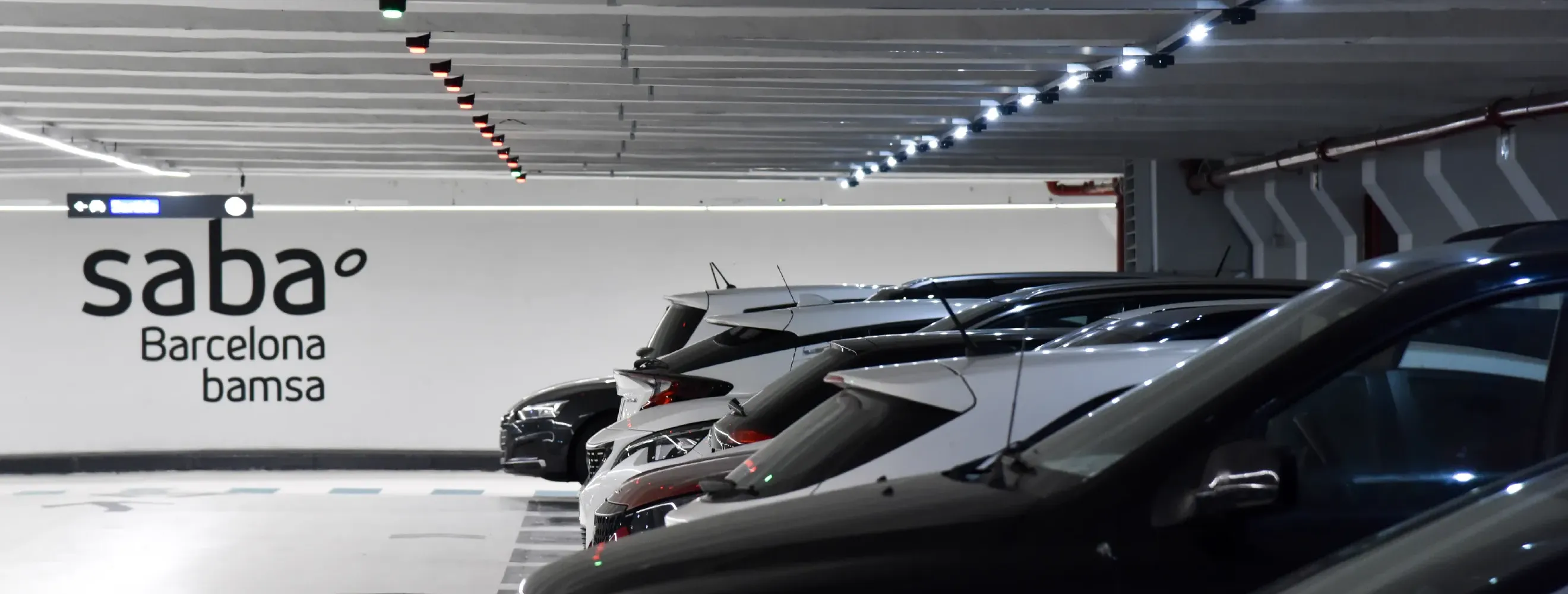The company invested 62 million euros in fiscal year 2024, maintaining efforts to increase the operational efficiency of the business and implement initiatives that allow Saba to become a benchmark in the sector, with special focus on new support systems, new technologies and energy efficiency, in addition to innovative sales formulas and initiatives, and in developing active, growth-focused contract management. The processes of requesting concession rebalancing and contract renegotiation have been maintained, as well as the search for new opportunities in the market, promoting the lengthening of the average contractual duration of the portfolio, with an estimated average life of 20 years.
Twenty new projects were completed, including the contract for managing the Ciudad Jardín car park (164 parking spaces) in Spain, the University of Lisbon Residences car park concession (482 spaces) in Portugal, and the Parque Arroios lease in Lisbon (150 spaces). In Italy, we were awarded a contract to manage a car park under construction in Lecce (466 spaces) and the concession for the Porto car park (170 spaces) in Livorno.
In the United Kingdom, the contract for managing the University Hospitals Dorset NHS Foundation Trust (2,000 spaces), as well as new management contracts for High Speed (HS1) - 8,542 spaces - and Cannock Chase & Lichfield Council (8,998 spaces).
The HS1 contract includes the management of nine car parks at four stations on the high-speed rail network between London and Kent. HS1 holds the concession until 2040 to operate and maintain the 109 km high-speed line, the four stations along the route, and all its tunnels and bridges. In 2022, Saba was also awarded a five-year contract in the United Kingdom to manage, from 2023, 79 car parks - 10,500 spaces - at the stations managed by Transport for London, the public body responsible for the majority of London's transport network. This includes the Underground, buses, taxis, trams, and some train lines.


















